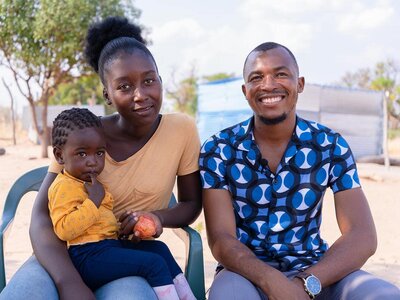As we strive to eradicate hunger by 2030, knowing which interventions do – and do not – work provides essential information to steer a more precise course towards zero hunger, contributing to saving lives and changing lives. Evaluations help the World Food Programme (WFP) determine whether we are doing the right thing, if we are achieving results and whether or not we could do things differently. This makes us accountable to our donors and the people we serve, and offers learning for the organization. Impact evaluation has a key role to play in this area.
WFP defines impact evaluations as assessments of the positive and negative, direct or indirect, intended or unintended changes in the lives of those who receive WFP assistance.
Areas of Work
-
Impact evaluation governance
-
Within the impact evaluation strategy, WFP’s vision is to use rigorous impact evaluation evidence to inform policy and programme decisions, optimize interventions and provide thought leadership to global efforts to end hunger and achieve the SDGs. The Annual Report for the Strategic Advisory Panel on Impact Evaluation at WFP charts our progress and learning.
-
World Bank DIME partnership
-
Cash-based transfers and gender window
-
Climate and resilience window
-
Workstream on Optimizing Humanitarian Interventions
-
School-based programmes window







